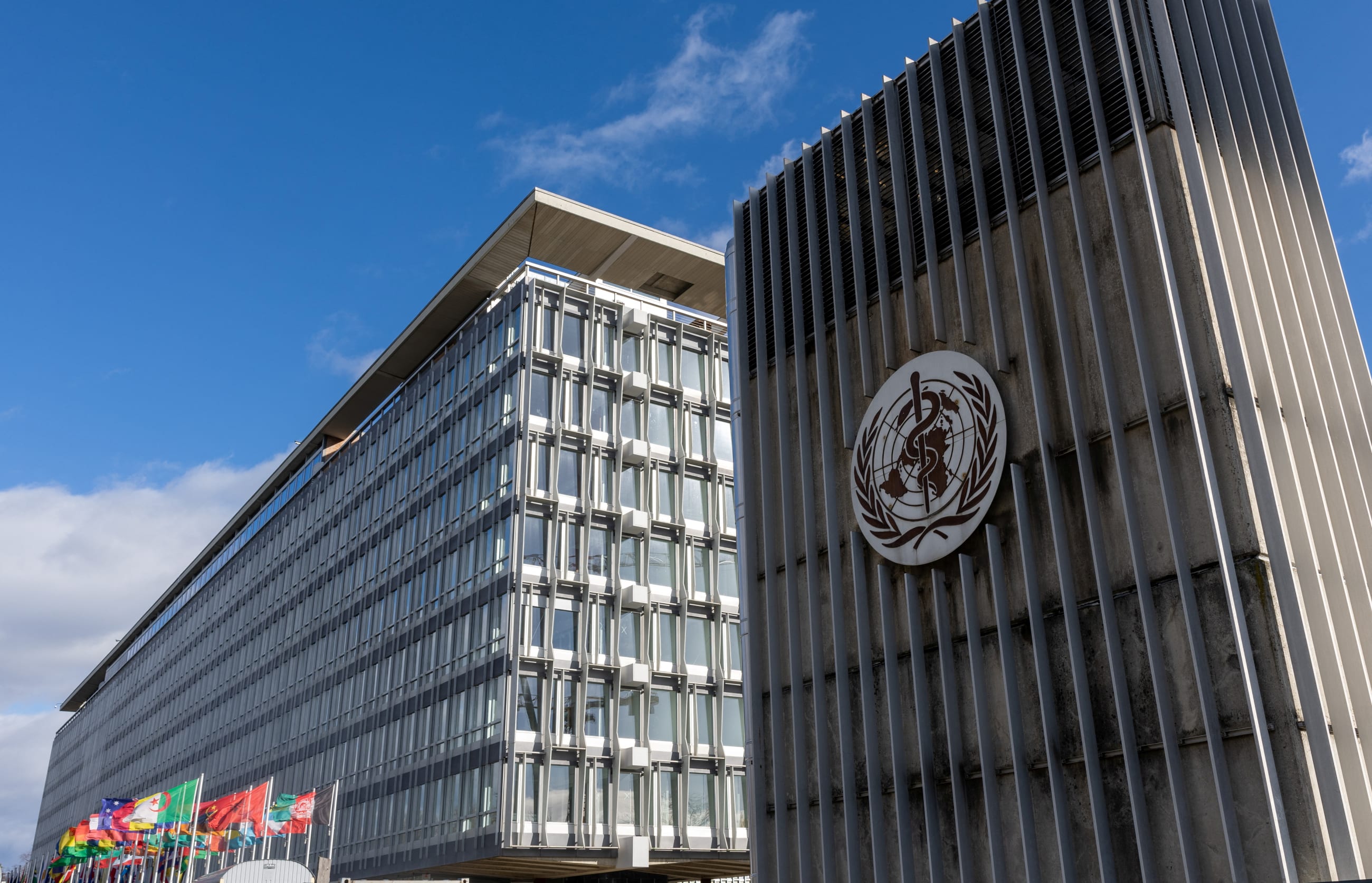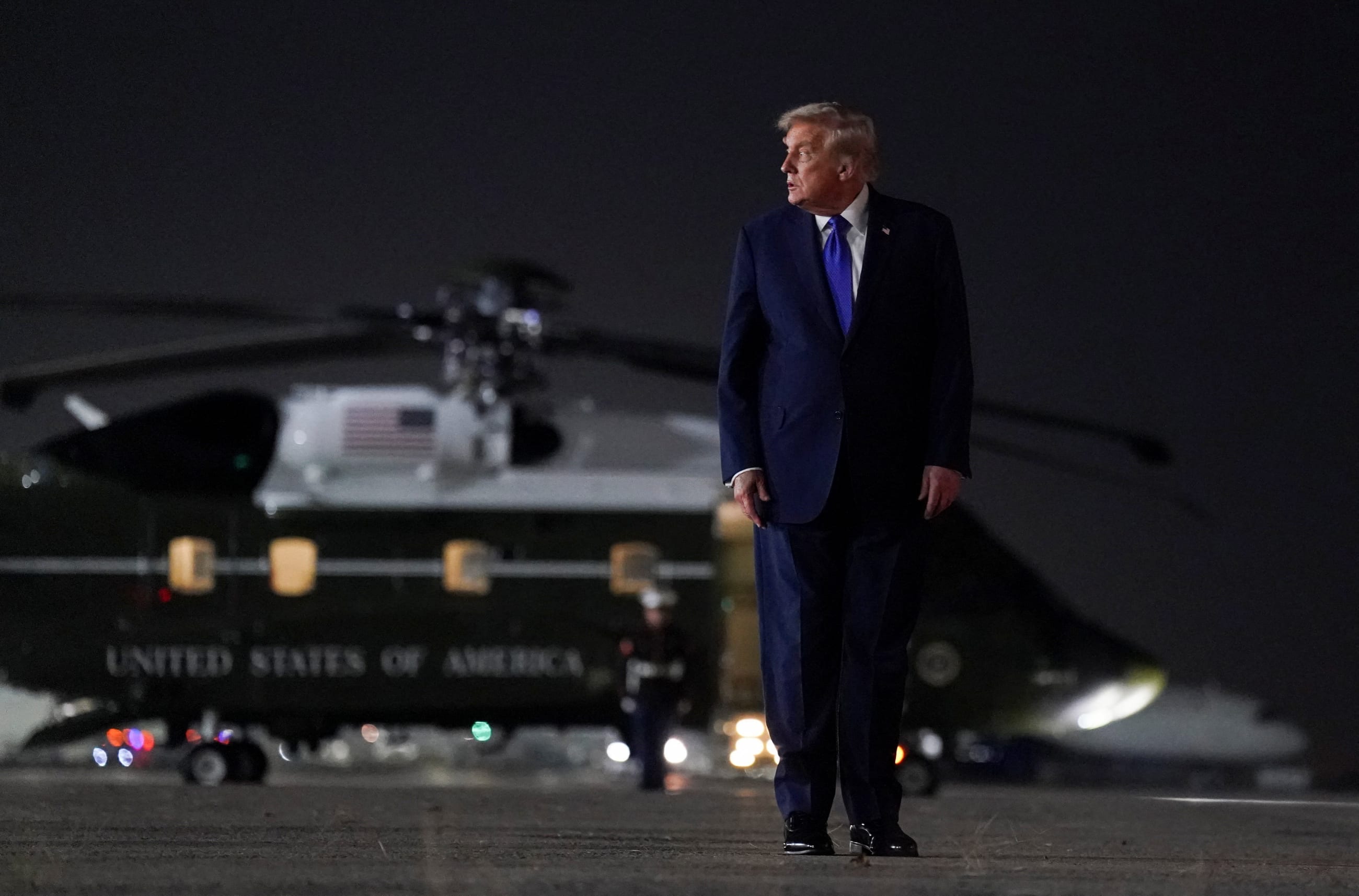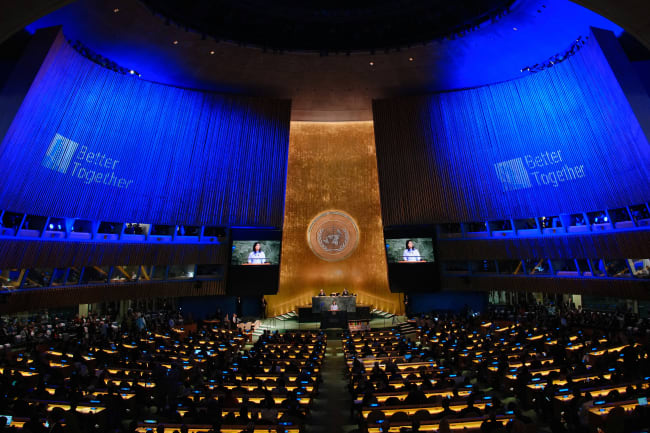The renewed U.S. withdrawal from the World Health Organization (WHO) and retreat from wider global health international cooperation has thrown key institutions, norms, and financing into turmoil, generating significant consequences for global health security, leadership, and equity forming the backdrop for health meetings this week at the UN General Assembly (UNGA).
When in 2020 President Trump first tried to withdraw the United States from the WHO, leading European donors and champions of multilateralism stepped in to fill the gap. The next year, on assuming office, President Joe Biden rapidly reversed the withdrawal. In January 2025, during the immediate aftermath of Trump's second bid to pull U.S. commitments to the WHO, international aid, and health cooperation more broadly, eyes turned to European countries in hopes that they would fill the void again.
The world is in a different place. This time, the U.S. withdrawal is not so temporary. The sheer scale and speed of America's retreat—and the realization of how dependent global health coordination had been on U.S. largesse and leadership—has shocked nearly everyone involved in the sector. Meanwhile, the voice of the Global South demanding equity in global health and its governance has grown louder and more effective.
Equity has become more of a priority, exemplified by the Pandemic Agreement—which included the proposal by the Africa Group and several low- and middle-income countries (LMICs) for a pathogen access and benefit-sharing system as an annex, now under negotiation—and by the World Bank's Pandemic Fund, where implementing-country governments have equal representation on its governing board. Additionally, the African Union's permanent G20 membership since 2023 has given the bloc a seat at the table of the foremost economic forum shaping global health financing.
New players, such as China with its Health Silk Road initiative, COVID vaccine diplomacy, and increased participation in global health, as well as regional blocs presenting shared positions, are thinking through the opportunities. These developments have combined to create both an environment that leaves Europeans with less capacity to fill the gap or even stabilize the situation and more competition in shaping the future of global health governance.
These developments create an environment that leaves Europeans with less capacity to fill the gap or even stabilize the situation and more competition in shaping the future of global health governance
The UK and other European countries are historically significant supporters of the WHO and of global health initiatives more widely. In 2023, the United States was the biggest global health donor—far outstripping the combined spending of the next four contributors, the UK, Germany, Japan, and France. The European Union was the sixth largest global health donor that year.
Given increased pressure on national budgets from other priorities (such as the war in Ukraine), rising obligations for defense spending, and escalating refugee costs at home, several European countries have also announced cuts to their foreign aid budgets, hitting global health programs particularly hard. Those cuts started before the U.S. retreat as the cost of COVID-19 bit and priorities shifted from the pandemic to the war in Ukraine. They have since quickly expanded.
The UK's Constrained Leadership
Lacking the financial heft of the United States, the EU, or Germany, the UK has responded more like a middle power. Curtailing its role as a major donor forced the UK to concentrate on areas where its aid can punch above weight and align with national security. In February, it announced a plan to bolster defense spending by reducing foreign aid spending from this year's mark of 0.5% of gross national income (GNI) to 0.3% in 2027. The decision underscored a trend that started with the slashing of aid spending from 0.7% to 0.5% of GNI in 2021, which at the time was presented as temporary.
A defender of multilateralism historically, the UK has already committed funding to initiatives such as the Global Fund and Gavi. Yet little room exists for bilateral UK health partnerships, and in 2025 the country reduced development assistance for health by 39%.
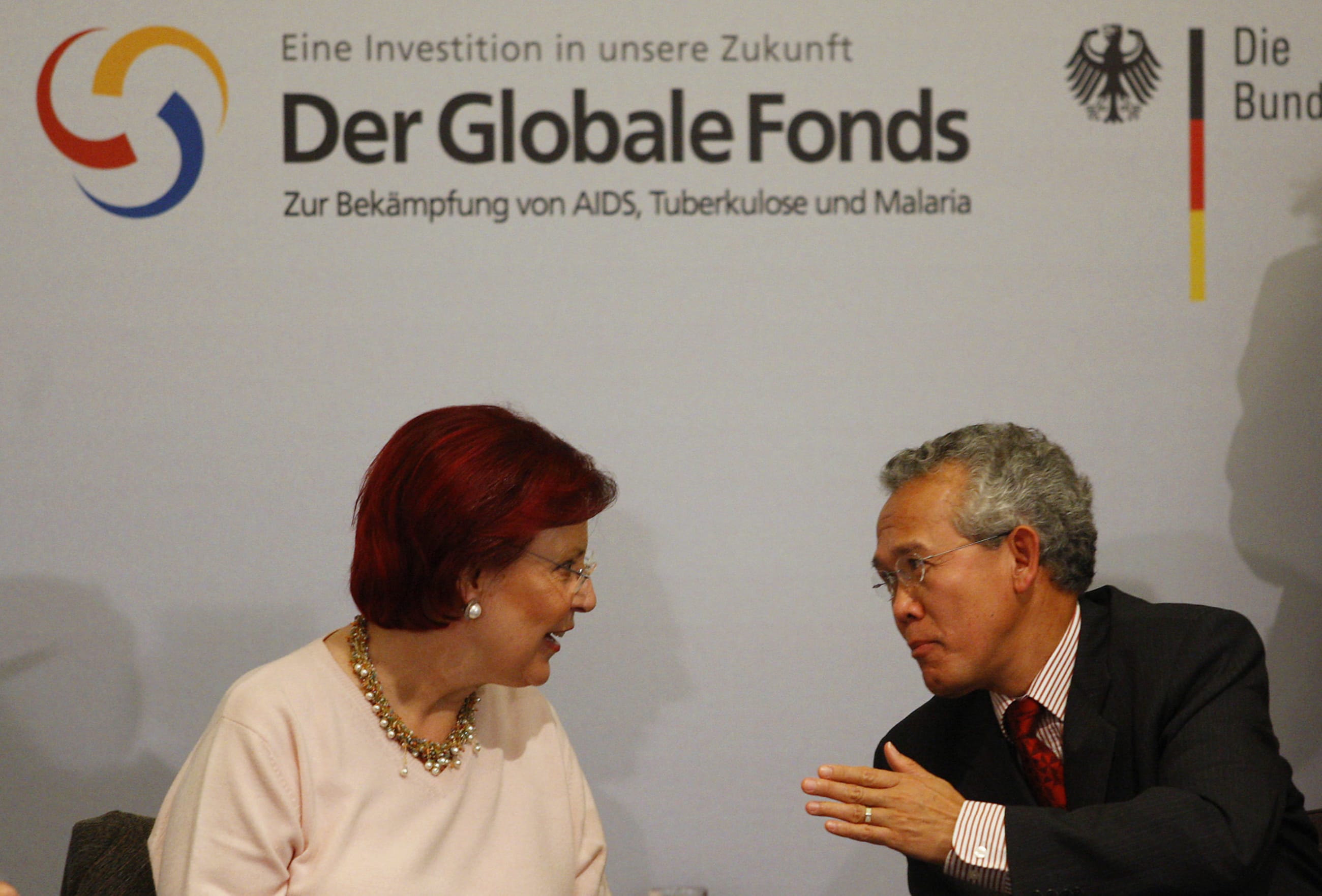
The prospects for the UK stepping up are further hampered by the fact that the money simply is not there. The political leadership is not as animated by the global health agenda as during the era of Prime Ministers Tony Blair and Gordon Brown, and in recent years nearly one-third of the UK's overseas aid budget has been spent at home accommodating recent surges in asylum seekers and refugees. At the 2025 World Health Assembly in May, the UK did not increase its funding to the WHO but did maintain existing commitments.
Going forward, a key trade-off in funding will be between the issues of global health and climate change; further, the contributions of the UK to global health have already become more targeted on priorities such as strengthening health systems, improving pandemic preparedness, supporting equitable access to vaccines and essential medicines, bolstering global health security, and combating antimicrobial resistance.
Europe Recasts Its Role
Europe is transitioning from a supportive role in the shadow of U.S. dominance to political and normative leadership in global health, framing this issue more as one of security and resilience than of development cooperation, its previous characterization.
Germany, now home to a high-profile WHO expert hub for pandemic and epidemic intelligence, positions itself as a global health standard-bearer—and has an increasingly growing role in global health security as well. The country stepped up its funding to the WHO after the 2020 U.S. withdrawal announcement, but is now cutting its official development assistance (ODA) budget below the 0.7% of GDP target in keeping with austerity measures. Despite this trend, Germany remains a leading WHO donor, pledging an additional 10 million euros ($11.4 million) in May 2025 to backfill gaps left by the U.S. exit—even as overall pledges to multilateral health initiatives decline. Given its financial, institutional, and diplomatic resources, Germany stands out as a global health anchor among European countries and has benefited significantly from WHO decentralization efforts as many relocated staff head to the Berlin hub. These efforts have enhanced Germany's soft power and influence.
Other nations—Belgium, Finland, France, the Netherlands, Sweden, Switzerland—have announced similar cuts to ODA. France will reduce its to 0.38% of GNI by 2026, the lowest in nearly a decade. France's capacity to support global health multilateral initiatives has been further reduced with the abolition of its Solidarity Fund, which automatically allocated money to multilateral health funds. Whereas Switzerland and Sweden committed additional funding to WHO beyond their mandated contributions despite cutting their ODA budgets, France maintained its existing commitments without increases.
Europe is transitioning from a supportive role in the shadow of U.S. dominance to political and normative leadership in global health
As the fiscal space tightens, European countries are expected to focus on supporting the multilateral institutions and initiatives they have traditionally championed, though at lower levels. In June, the UK pledged $1.25 billion to Gavi—a 40% cut from its 2020 commitment; meanwhile, according to the Center for Global Development, Norway reduced its Gavi commitment by 20%. European governments have committed to honoring existing contracts and are allocating more time to wind down their projects relative to the United States.
The EU has narrowed its international health engagement since the renewed U.S. retreat, prioritizing health security and pandemic preparedness while leveraging strengths in multilateral partnerships and research. The EU continues to position itself as a multilateral leader, offering support to the WHO as the cornerstone of the global health system. However, internal priorities could take precedence over leadership in global health given constrained resources and a drive to strengthen its own public health infrastructure, which EU officials have framed as being part of strategic autonomy and resilience.
Emergency Preparedness
A focal point of the EU health emergency preparedness is the Health Emergency Preparedness and Response Authority (HERA), established in 2021 to bolster the EU's strategic autonomy in health. In its short lifetime, HERA has sought to expand its international focus and forge global partnerships while reducing reliance on the United States. HERA now faces budgetary competition from increased defense spending, but benefits from health security increasingly being framed as a component of national and European security. This framing helps justify HERA investments in medical countermeasures, strategic stockpiles, and infectious disease surveillance as security spending. The agency survived a recent proposal to fold it into another EU directorate—and must maintain its security agenda to preserve its emerging leadership role.
At the outset of the Pandemic Treaty negotiations, the EU was an agenda-setter, championing multilateral approaches, but played a less decisive role in drafting the agreement. Treaty negotiations occurred in a changing geopolitical context with diminished urgency as the pandemic faded, becoming polarized between emerging economies and the Global North. Provisions centered on equitable access to pathogens and benefit sharing—–the diagnostic tests, therapeutics, and vaccines produced from collecting data on emergent infections– remain sticking points. This year, after the United States pledged once more to exit the WHO, the EU doubled down on defending the health agency's legitimacy and the Pandemic Agreement while softening its stance toward the equity provisions demanded by the Global South. Both the UK and continental Europe have significant research-based pharmaceutical industries, and, given the U.S. withdrawal from the Pandemic Agreement and its aggressive protectionism, need to balance pharmaceutical interests and countermeasures supply chain security with promoting global equity through multilateral initiatives.
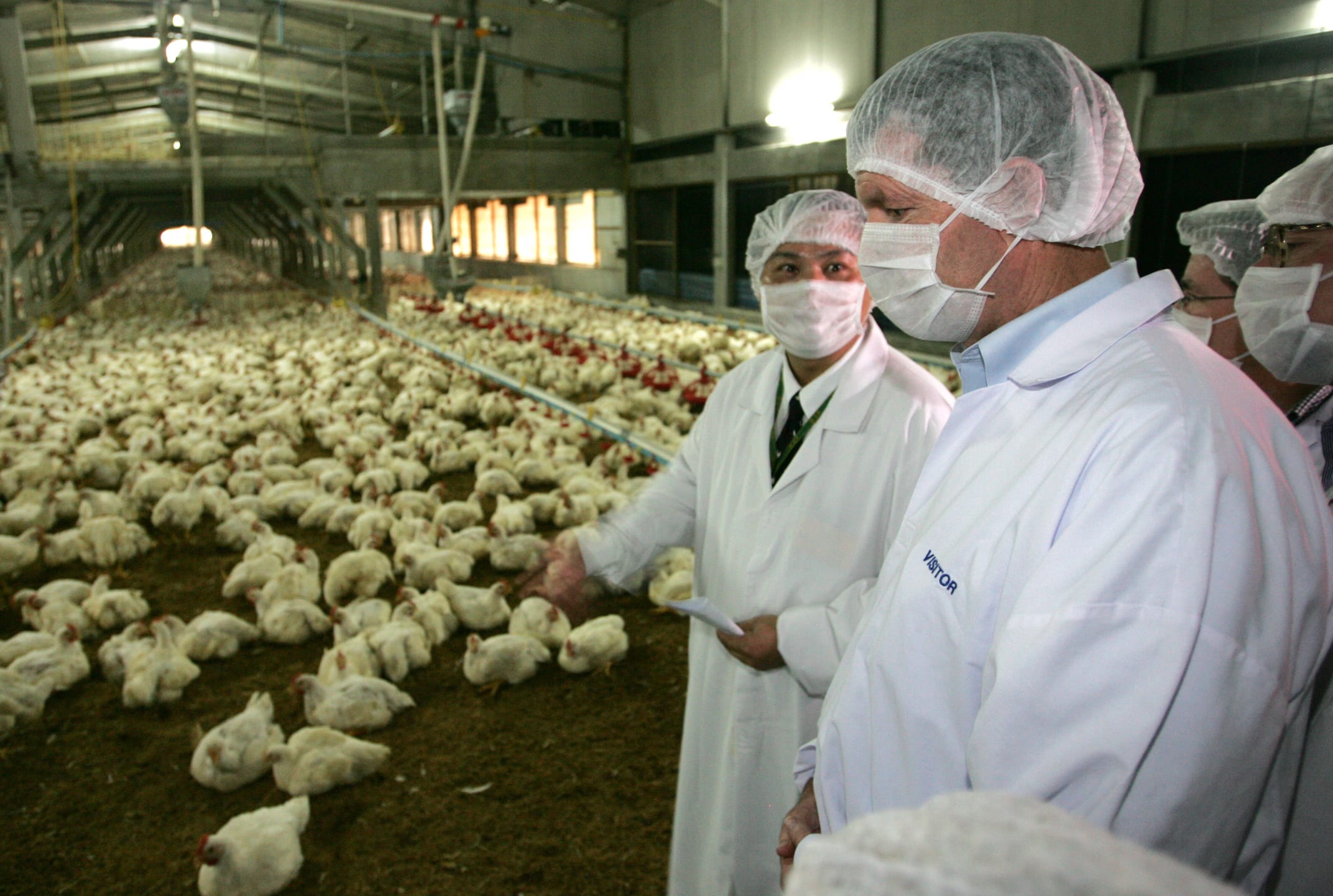
The Center of Gravity Shifts From Geneva
Another knock-on effect of the U.S. WHO withdrawal is intensifying debate over Geneva's future as the global health diplomacy hub. Given the WHO's restructuring of its headquarters and dramatically contracting of its staff and programs, regions showing increased public health interest, and growing calls to shift from Eurocentric power concentration, serious discussion is emerging about how to reshape WHO's structure and redistribute global health governance institutions.
More authority will need to be granted to regions on the front lines of pressing health challenges, either to WHO regional offices or even further decentralized to more than 800 WHO collaborating centers across more than 90 member states. This trend is starting already and will inevitably result in more distributed decision-making power, leadership, and resources. A federation model could be an appropriate way forward, Geneva retaining control over matters requiring global consensus, uniformity, or coordination. Even then, centralized decisions can occur outside Geneva, as demonstrated when this year's technical meeting for seasonal influenza vaccine strains moved from Geneva to London.
The idea of shifting global health coordination away from Geneva is an old one but gains renewed consideration following the U.S. retreat and reduced Global North donor support. During 2010–13 structural reforms after the 2009 flu pandemic, the WHO tried voluntary staff relocation from Geneva to regional or country offices, but implementation failed because staff were unwilling to leave, especially to move to low-income countries. Power struggles between headquarters and the regional offices complicate matters in that moving staff and resources transfers control from headquarters to regional offices. In recent months, the WHO has instigated another relocation effort, this time moving staff to hubs outside Geneva while maintaining WHO headquarters control, such as with the epidemic intelligence hub in Berlin as well as sites in Lyon, France; Dubai, United Arab Emirates; and Jamnagar, India.
The current crisis has opened space for diffused global health leadership and could accelerate countries taking greater responsibility and ownership
Geneva's multilateral symbolism becomes increasingly expensive and difficult to defend in the face of calls for greater Global South representation and the recent flight of UN functions and non-UN global health organizations to locations such as Nairobi. The turmoil forces a rethink of actual needs. The mismatch between global health governance systems and real need has been recognized for decades, but the current crisis has opened space for diffused global health leadership and could accelerate countries taking greater responsibility and ownership. Some countries, including Rwanda and Ghana, have raised health spending, but a full-scale transition requires major effort, strong leadership, and time.
As the move toward regionalization in global health continues, champions of the multilateral approach must build coalitions with those regional groups to minimize the risk of uneven preparedness across the world. As regions build their capacity, the WHO's hands-on approach should decline, transitioning to complementary role rather than substituting for local capacity. Europe faces a strategic crossroad in its global health engagement and must decide whether it intends to shape opportunities for a new, polycentric, global health governance model as it unfolds.
